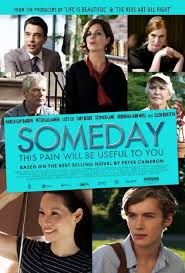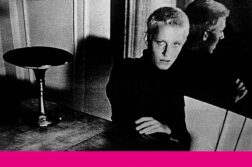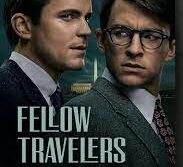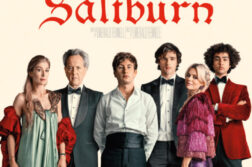 Someday This Pain Will Be Useful to You
Someday This Pain Will Be Useful to You
Directed by Roberto Faenza
BASED ON THE NOVEL by Peter Cameron, the movie Someday This Pain Will Be Useful to You is a curious hybrid of international film financing and American “indie” narrative style. The story deals with a teenage boy from the hip urban haute bourgeoisie living somewhere in Manhattan or Brooklyn’s chic bohemia, but the film was directed by an Italian, Roberto Faenza, who also co-wrote the screenplay. The result is an odd Italian-American hybrid production. While the location shoot is authentic, the visual atmosphere lacks the aura of a “New York film” film à la Martin Scorsese or Woody Allen. With the exception of a few fleeting scenes, Faenza’s New York might as well be set in Toronto.






